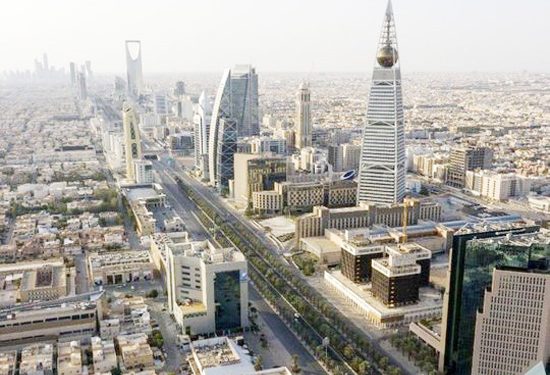Gulf News
There are many who agree today that our common ethics until recently had taken a turn over the past three decades and not necessarily for the better. Be it work, business, or social ethics, our general behaviour had changed.
And many pundits will be quick to point out that it was the extraordinary oil boom years of the late seventies and eighties in Saudi Arabia that had propelled us onto this path. The economic burst injected so quickly into this country during that period they claim, led to a change of established ethics and mores.
Perhaps that may be too harsh a statement, but certainly, among the generations spawned since, we witness first-hand the ‘me first’ mob, the ‘I am better than everyone else’ crowd, the ‘government owes me’ horde, the ‘silent objector’ factions and a host of others that were once alien to this desert peninsula.
Today, many of us have tales to tell of real-time experiences with such behaviour. At the workplace, it is not uncommon that work discipline remains the farthest thing on the minds of some of the staff in many parts of the Kingdom. Be it their tardiness, their noses buried deep into their smartphones, or their failure to complete assignments tired as they are due to late-night frolicking or simply don’t care, all contribute to actions that are not well received.
Changing attitudes
In the past, if they happened to be in the civil and government sectors, then it indeed affected the rest of us who had pending issues lying on their desks, often for months on ends. Adopting a ‘nobody holds me accountable’ demeanour, such attitudes added untold woes on those waiting for their transactions to be processed.
Heads of public sector departments compounded the misery meted out by their own unaccountable activities. One had only to witness the decaying infrastructure around them to understand the lack of achievements of our civil sector department heads.
In the business sector, the spoken word that was once used to conduct business in place of the written contract was not worth the breath it expelled. Even contracts written in triplicate were habitually ignored or violated. Promises and oaths in the marketplace were as easy to predict as our dry weather and seldom were they honoured.
Unscrupulous employers kept abusing employee rights, while contracts were being granted to companies with very dubious track records. When businesses failed, recouping was often at the expense of the workers who were quickly deprived of their livelihood with no recourse for reimbursement.
The practice of grafting to get things moving was not an uncommon grievance, and although there have been some high-profile bribery charges addressed to by the media at the time, these were just on the surface of something much larger.
On a social level, the family bond has had its shares of trials. Distance now separates relatives, and it is not the distance of mileage. Where once family related on a consistent level, today our gatherings are pretty much confined to weddings and funerals. The young have distanced themselves from the old, the educated from the ignorant, and the rich from the less fortunate. The extended family environment is gradually fading into oblivion.
Interaction with others may be set upon what’s in it for them, and not necessarily a genuine concern. Social divisions that were once fluid are today set in rigidity. Our actions in public, on our roads and streets, and at the workplace shudders with volumes of selfish behaviour.
We are less tolerant with those who may disagree with us, and more prone to herd together with like-minded individuals, isolating ourselves further and further. Fortunately, much of that herding has been curtailed in recent times by the threat of Covid-19.
Change is in the air
With King Salman and his Crown Prince at the helm, a lot of these prevailing issues have been met head-on. Bribery and corruption have been forcibly targeted with routine arrests and imprisonment of high-profile individuals across all sectors of Saudi society.
Whistleblowers are protected and encouraged to report any actions deemed unethical. All public sector employees today are finding themselves accountable and not just to the government, but also to the people they serve. Fortunately, the automation of most paperwork through the internet has also helped reduce the sufferings at the hands of lethargic civil servants.
The King along with his government has been working diligently to reverse decades-old trends that caused much misery to the people, but he cannot go at it alone.
Our sense of ethics has to be rediscovered. In a peninsula that gave birth to Islam, if we are just to adhere to the basic principles and guidelines set forth by this great religion, such practices would practically disappear overnight. But we have to begin by exercising those principles individually.





